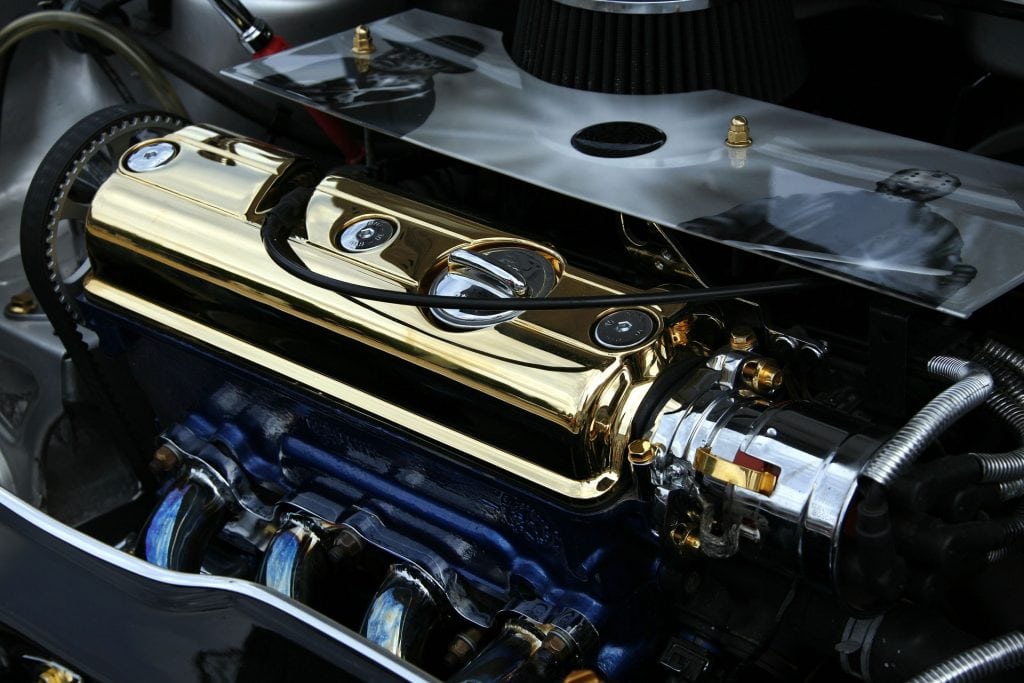When you start your car a lot of different things happen from a chemical stand point. The combustion of your engine is making a controlled explosion to spark your engine. This is a noisy process but we can’t always hear it thanks to the exhaust systems ability to muffle the sounds. Sometimes things go wrong and sounds that are not associated with normal engine use may occur.
Knowing how to troubleshoot a car exhaust or engine noise issue is a way to make certain your car runs smoothly. By understanding what to listen for you will be able to enjoy a smooth ride for longer. Here are the most helpful tips and tricks for noisy cars and engines with problems.
Common Noises Associated with Engine/Exhaust Failure
When components get damaged they typically make a certain sound that can alert you that something is amiss. Whirring happens to be one of the noises frequently heard when belts, pulleys, and components that use belts are malfunctioning. The most common components to have these issues are parts like:
- Serpentine and drive belts
- Alternators and power steering pumps
- Radiator fans and water pumps
In most cases the water pump is the primary suspect when it comes to making sounds caused by loose belts and bearings.
Other Common Sounds Associated with Engine/Exhaust Noise
Hissing is a sound that can occur when the vapor and steam is trying to escape in a hurry. The steam that leaks from your radiator cap is usually due to an engine that’s overheated. When coolant climbs to a temperature of 200 degrees, it boils due to the excess pressure. Engine over heating can cause serious problems like crack cylinder heads or gasket separation.
Loud exhaust is another sound you don’t want to hear unless you are a gear head who loves the deep roar. The sound you don’t want to hear is the sound of exhaust leaking from your manifold system is not such a pretty melody. The most common parts to be broken are things like:
- The exhaust pipe connecting to the manifold itself
- Catalytic converter
- EGR Valve
- The exhaust manifold
Having someone crawl under your vehicle is the best way to troubleshoot the source. Leave it to a professional mechanic. Find a shop that specializes in exhaust systems, like , because it usually requires specific tools to install correctly.
Backfiring and Sputtering
Water that finds its way into the combustion system can often produce a backfire sound. Even though the fuel cells of today’s cars are highly resistant to water, thanks to their seals, trace amounts of water from the gasoline we fuel our cars with can cause this backfire effect. When the fuel to air ratio gets to be too high this can cause hot gases to ignite, which makes the unburnt fuel reverse direction, popping out the injection system.
Sputtering is another term to describe an unharmonious sound coming from the engine. Sputtering comes from incomplete combustion which can stem from problems in timing from the ignition. The check engine light might come on this situation. The fuel flow if reduced may contribute to this sputtering sound. This is what happens when a fuel system is clogged with dirty fuel injectors.









